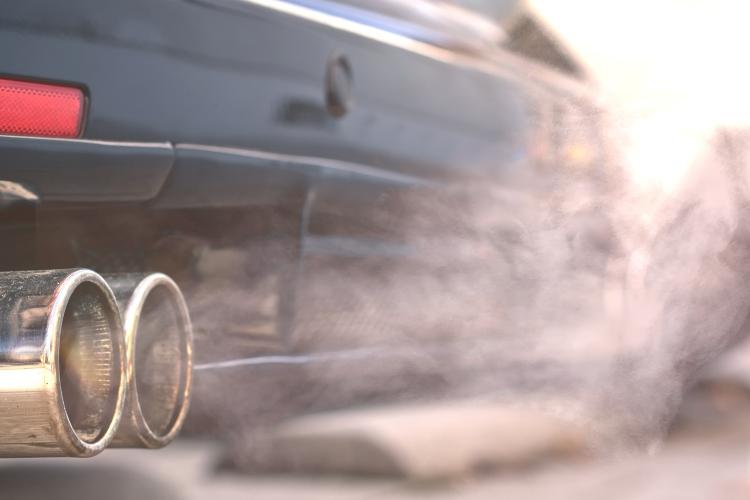I don’t understand why so many people buy diesel-powered cars and trucks. They are loud and emit horrible pollution compared with gas-powered vehicles. What are their perceived advantages? I can’t believe they outweigh the negatives. Can you please weigh in? And why are all the semis on the road diesel rather than gas? — Hayley […]
I don’t understand why so many people buy diesel-powered cars and trucks. They are loud and emit horrible pollution compared with gas-powered vehicles.
What are their perceived advantages? I can’t believe they outweigh the negatives. Can you please weigh in? And why are all the semis on the road diesel rather than gas? — Hayley

Believe it or not, diesels have evolved quite a bit over the past couple of decades. The people who used to buy diesel cars were mostly end-of-the-world preparers or inveterate cheapskates.
The doomsday crowd concluded that in the event of a nuclear attack, with its electromagnetic pulse, their diesel Rabbits would still be able to run without needing an ignition system, and they’d be able to go to the 7-Eleven and buy iodine pills and lord it over their neighbors.
Cheapskates liked diesels because, despite their noise, vibration, smell, inability to start in cold weather and black exhaust, they got higher mileage than gasoline cars.
Trucks have traditionally used diesel fuel for those reasons, and others. Because diesel engines operate at high compression, they have a lot of low-end torque, which helps a 30-ton tractor trailer pull away from a traffic light.
Plus, before diesel fuel was required to be low in sulfur to reduce pollution (it used to be just liquid dinosaur bones), the fuel used to be pretty cheap. So you got better mileage and paid less for it. That’s no longer the case, but it was.
So why do people still buy diesels? Well, not a lot of people do. But the truth is they’ve improved a lot in just about every way.
Newer diesel-powered cars are reasonably quiet — at least inside the cabin. Vibration has been controlled to where it’s barely noticeable. Cold weather starting, which used to be a huge problem, has been largely addressed through the use of plug-in block heaters. And even the pollution has been brought largely under control.
We know from the VW scandal that we can’t trust the manufacturers to report accurately on diesel pollution, so we spoke to Gary Bishop, a researcher at Denver University. He’s part of team that created a gadget that uses a spectroscope to measure pollution as vehicles drive by.
Gary set up their device on highway off ramps, and, as a car drives by, their device captures its license plate (so they can find out the make, model and engine), and the amount and types of pollution coming out its tailpipe. So this is as real-world as pollution data gets.
What they found is that newer, well-maintained diesel engines come pretty close to gasoline engines now in terms of pollution.
Diesels used to spew particulates (basically soot) into the air. But since particulate filters were made mandatory, newer diesels produce very little particulate matter. Diesels used to produce tons of nitrous oxides. But newer diesel cars come with refillable urea tanks that the emissions control system uses to scrub NOx emissions. That’s apparently working, too — as long as the owner actually refills the urea reservoir. And with newer, low-sulfur diesel fuel, sulfur pollutants are pretty well taken care of, too.
It’s taken decades for diesels to clean up their act. But the newer ones seem well on their way to getting there.
Of course, it may be too late to save the diesel engine in America. Diesels have a bad rap here, and, for a long time, they earned it.
But here’s an even bigger, long-term threat to diesel engines: You know what else is much more economical to refuel than a gasoline engine, produces far less pollution, makes no noise or vibration, and has a ton of low-end torque? Electric motors.
Battery technology isn’t there yet, but at some point, that’s probably going to be the obvious solution for both cars and trucks.
